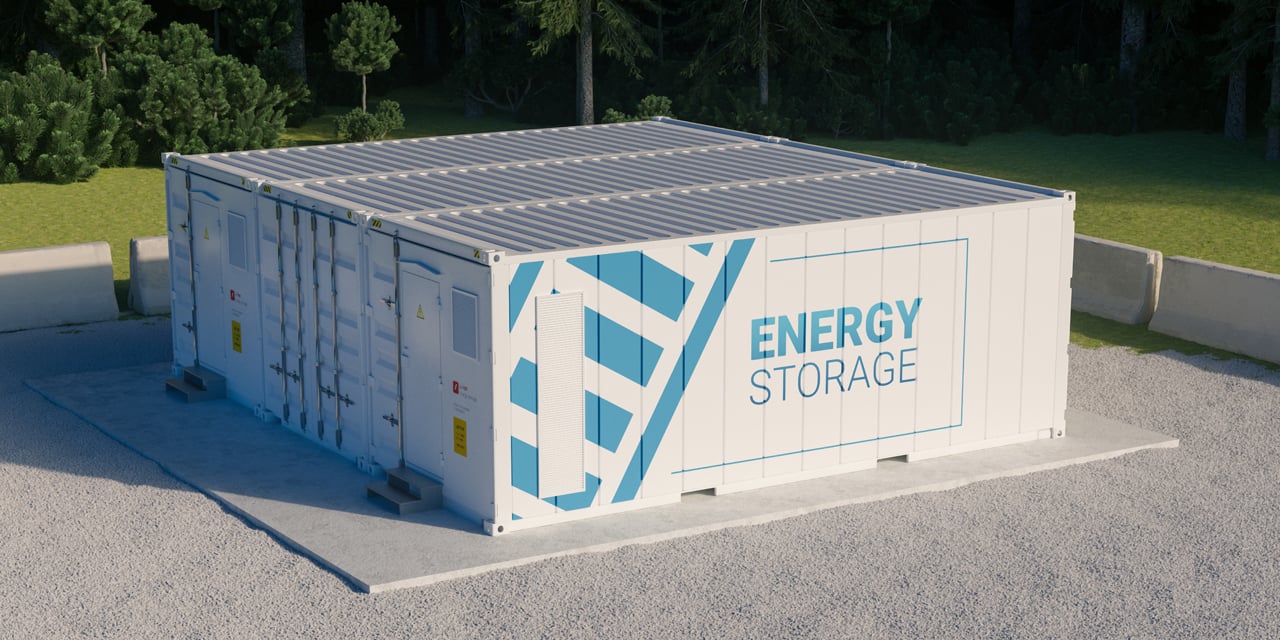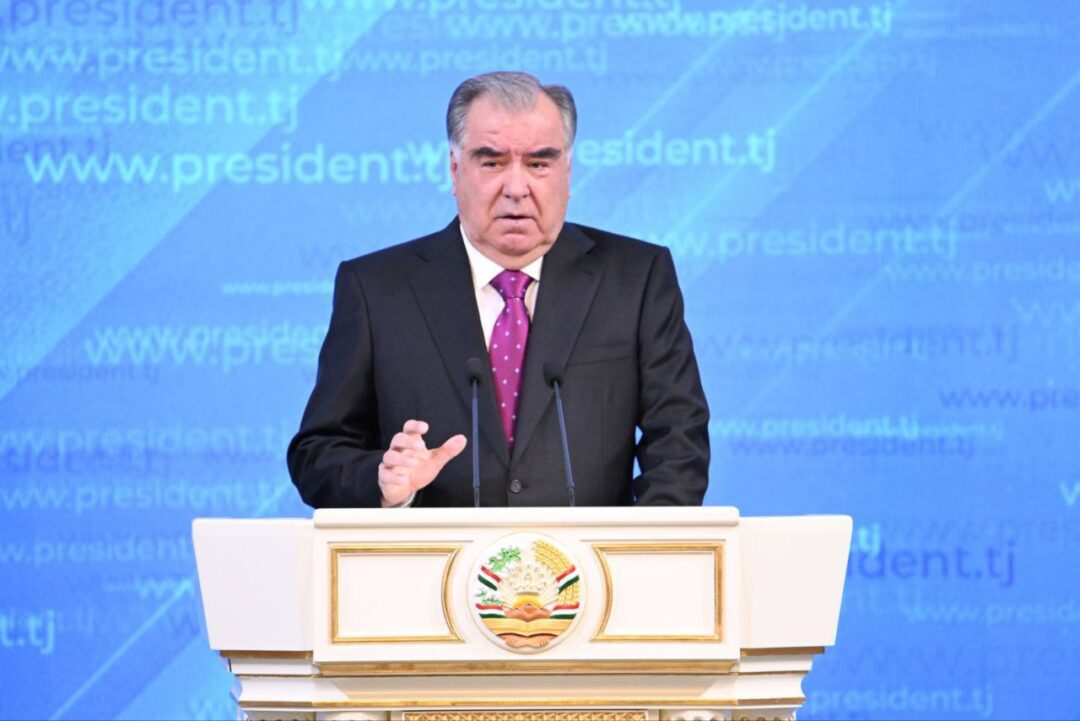Azerbaijan has ushered in a new era in its energy sector with the launch of large-scale Battery Energy Storage Systems (BESS) to accelerate the integration of renewable energy sources.
State-run energy operator Azerenerji said construction has begun on storage facilities at the 500-kilovolt “Absheron” substation near Baku and the 220-kilovolt “Agdash” substation in the country’s central region.
Together, the systems will have a capacity of 250 megawatts and a storage volume of 500 megawatt-hours, Azerenerji said in a statement.
Equipment is currently being manufactured and delivered to the sites. Once complete, this will be the first project of its kind in Azerbaijan and the CIS region.
“The deployment of BESS will strengthen the stability of Azerbaijan’s power grid by improving frequency regulation, reducing interruptions in renewable energy generation, compensating for power shortages, managing peak demand, smoothing load curves at sunset, and supporting black-start capabilities in case of system failures,” the statement noted.
The projects are also expected to ensure reliable operation of the national energy grid in both parallel and island modes with neighboring systems. Island mode refers to a microgrid or local power system operating independently from the main utility grid, providing uninterrupted energy during outages.
As part of its broader program to integrate 2 gigawatts of solar and wind power into the national grid by 2027, Azerenerji is simultaneously developing advanced storage technologies and upgrading infrastructure.
One of the central components of this initiative is the construction of the 500/330-kilovolt “Navahi” Energy Hub, which will serve as a key transmission node. From this hub, high-voltage 500 and 330-kilovolt lines will extend to different regions of the country.
Azerbaijan’s plans to expand renewable energy capacity is part of its national strategy to create “green energy” zones and achieve a target of meeting 30 percent of domestic power needs from renewables by 2030.
Since 2020, the country has stepped up cooperation with international companies to tap into its significant green energy resources. Leading firms including Masdar, ACWA Power, BP, TotalEnergies, Nobel Energy, Fortescue Future Industries, China Gezhouba Group Overseas Investment, A-Z Czech Engineering, and Baltech have been involved in renewable energy initiatives.
The construction of the largest domestic photovoltaic station – the Bilasuvar Solar Power Plant (SPP), with a planned capacity of 445 megawatts – started recently in collaboration with UAE’s Masdar.
In October 2023, Masdar inaugurated the 230 MW Garadagh Solar Power Plant – the largest facility of its kind in both the Caspian region and the CIS. Meanwhile, Saudi Arabia’s ACWA Power is preparing to commission the 240 MW Khizi-Absheron Wind Power Plant by November 2025.
Nobel Energy, a part of NEQSOL Holding, signed two MoUs with Azerbaijan’s Energy Ministry in 2023 and 2024 for the development of solar plants with capacities of 400 MW in Nakhchivan and 50 MW in Jabrayil.
Overall, Azerbaijan’s renewable energy potential is estimated at 135 gigawatts onshore and 157 gigawatts offshore. By 2030, the government aims to bring 6.5 gigawatts of solar, wind, and hydropower online, with agreements already in place covering 10 gigawatts of renewable projects.



